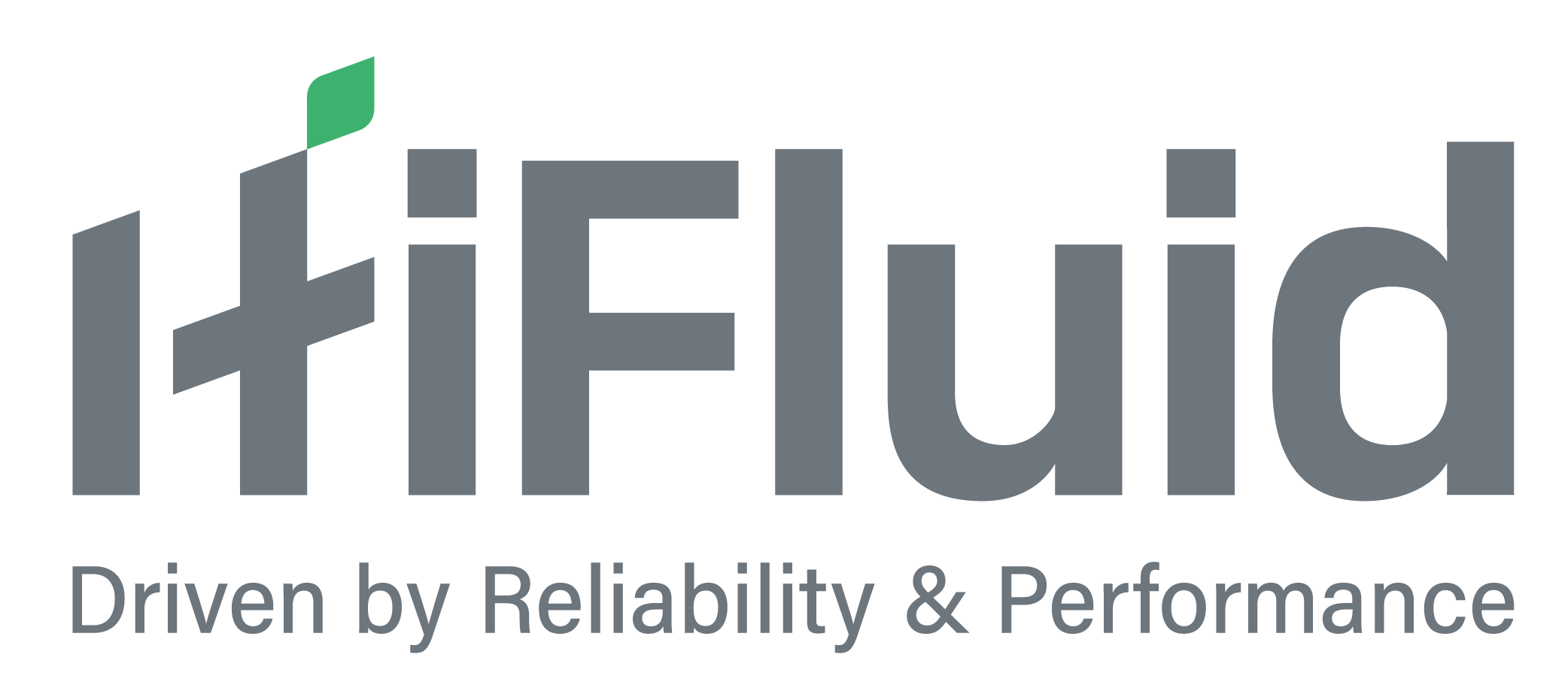厳しい環境では 圧力下で 一貫したパフォーマンスを 発揮できるツールが必要です 高圧ポンプは このようなシナリオで優れているので 信頼性と効率性が 卓越しています これらのポンプは 精度と耐久性が求められる 運用上の課題のある産業において 重要な役割を果たしています 極端な条件に耐えられる能力は 最適な結果を得るのに不可欠です
高圧 ポンプ は 何 です か
高圧ポンプは,標準ポンプよりもかなり高い圧力で液体を移動させるように設計された特殊装置です. 工業用機器の掃除や硬い材料の切断など 厳しい作業を行うのに必要な力を生み出すのです 固い構造,高度な密封装置, 圧力の安定性など, 独特な特徴があります. 厳格な設計の部品で 装備されていて 極端な条件でも 信頼性と効率性を保証しています
標準的なポンプとは異なり 高圧ポンプは 激しい動作条件に耐えられるように作られています 標準ポンプは通常低圧で動作し,重作業用に設計されていません. 高圧ポンプは耐久性と精度が 極めて重要な環境で 優れています 強化された材料と高度な設計により 性能を損なうことなく 高い負荷を処理できます
高圧 ポンプ の 重要 な 利点
効率性
高圧ポンプは 流体の動きを最適化することで 優れた性能を上げます 長期間の手術でも 安定した圧力レベルを維持できる この効率は エネルギー消費を削減し 運用コストを削減します 流体の損失を最小限に抑え 廃棄物を最小限に抑え 最大限の出力を確保できます 工業機器を掃除する時でも 流水機を動かす時でも これらのポンプは すべての作業を精度とスピードで完了することを保証します
厳しい 状況 に 耐久 する
極端な環境で作業する際には 耐久性が重要な要素になります 高圧ポンプは耐磨性のある頑丈な材料で作られています 高温や腐食性物質や高圧に耐えるように この耐久性により 障害のリスクが最小限に抑えられ 継続的な操作が 保証されます 頑丈な構造で 鉱山や石油・ガス 製造業などの産業で 信頼性の高い選択となります 設備が常にストレスにさらされている場合
異なる 用途 に 適応 する
高圧ポンプの特徴の一つは,その多用性です. 農業から工業清掃まで 様々な用途で 使えます 水や化学物質や油など 様々な液体を取り扱います 性能を損なうことなく この適応性は 単一のソリューションで 様々な業務ニーズに対応できるようにします 農作物を灌したり 金属を切ったりする時でも このポンプは 必要な柔軟性を 提供します
操作 の 精度 と 制御
精度 は 精度 を 要求 する 作業 に は 必須 で ある.高圧 ポンプ は この 分野 で 優れている. 流量や圧力を 特定の要求に応えて調整して 最良の結果を 確保できます 管理のこのレベルは 間違いのリスクを軽減し 作業の質を向上させます 精度が交渉できない 製造業や水噴流切削のような産業では このポンプは 卓越した信頼性を 提供しています
挑戦 的 な 環境 で 高圧 ポンプ の 応用
高圧ポンプは 精度と効率を備えた 産業用清掃作業を できるようになります このポンプ は,機械,機器,表面 から 固い汚れ,油脂,汚染物質 を 除去 する 必要 の 力 を 生み出します. 安定した圧力を供給する能力により 繊細な部品を損傷することなく 徹底的に清掃できます 製造業や食品加工などの産業は 衛生と効率の維持に役立つので 活用が恩恵を受けます
石油・ガス業界では 高圧ポンプが 効率的な運用を 確保するのに重要な役割を果たします 管路の掃除に使えます 流れを妨げるような 詰まりや堆積物を取り除きます 油とガスを深層貯蔵庫から抽出するために必要な圧力を供給します 油とガスを抽出するために必要な圧力を供給します 耐久性 と 厳しい 化学 物質 に 耐える 能力 に よっ て,この 要求 の 高い 産業 に は 欠かせない もの です.
鉱山と掘削には 極端な条件に耐えられる機器が必要です 高圧ポンプは このような環境で優れています 粉末抑制や鉱石採掘などのプロセスを動かすことで 耐久性のある構造で 磨き材料や高圧の要求を 対応できます この信頼性により 最も困難な採掘現場でも 作業が継続できます
水噴流切削などの精度が高い作業では 高圧ポンプは 卓越した性能を提供します このポンプは金属や石やガラスなどの材料を 信じられないほど正確に切るのに必要な圧力を 発生させます 特定の材料に合わせて 圧力を調整できます 必ず清潔で正確な切断を 保証できます 製造や建設などの産業で好ましい選択となります
農業では高圧ポンプが効率的な灌システムをサポートします 農作物に十分な水分を供給できるように 水を広場に均等に分配できます 沈殿物を含む様々な水源を処理する能力は,様々な農業用に多用性があります 水の使用を最適化することで 収穫の生産性を向上させ 資源を節約できます
結論
高圧ポンプは 卓越した効率性 耐久性 精度を備えています ダウンタイムやコストを削減しながら 困難な作業をこなせるのです 適応性が高いため 運用上の様々なニーズに対応できます

